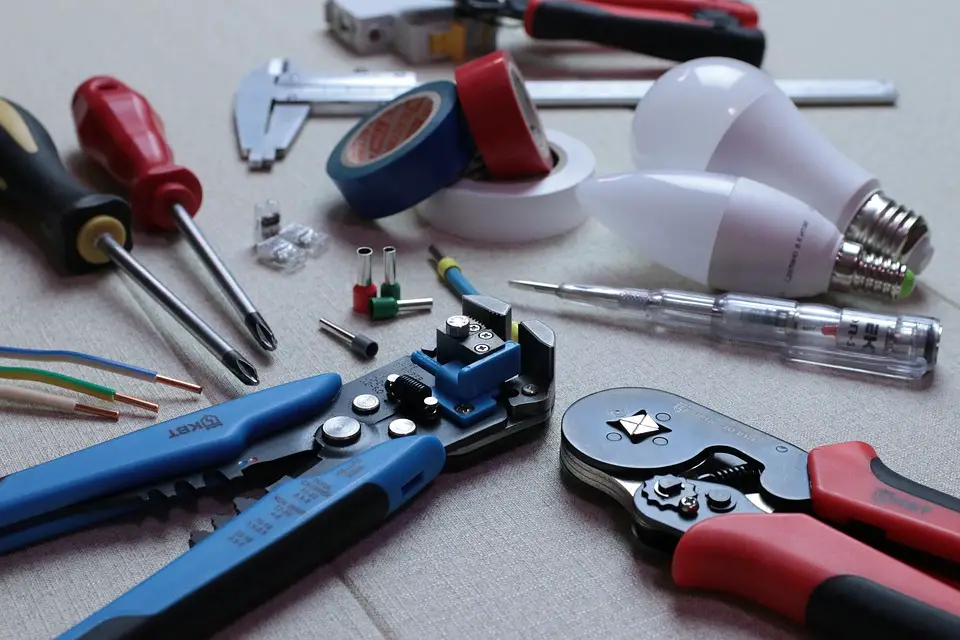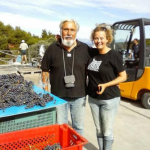As Poslovni Dnevnik/Lucija Spiljak writes, the Swedish city of Eskilstuna near the City of Stockholm knows how to turn waste back into profit and focus on sustainable consumption and the circular economy, where the second hand shopping centre ReTuna Återbruksgalleria, the world’s first centre for recycled and recycled goods, opened back in 2015.
The wildly popular Swedish department store IKEA also opened its second-hand store in the same location two years ago. The centre is located next to the local recycling centre, and the whole concept works so that customers can donate items they no longer need and in return buy something else, either refurbished or repurposed, or from organic and sustainable lines of production. The collected items provided by customers are then sorted and taken to workshops where they are repaired, repurposed or restored.
Then, the sorting in the Returen centre starts selling those items: furniture, IT equipment, clothes, toys, bicycles, construction materials, bookstores, design… Those who are interested can book a guided tour to see how this innovative centre works behind the scenes.
ReTuna hosts various types of workshops, lectures and events dedicated to sustainability issues in the training centre, and in addition to all of this, the whole concept has provided a lot of new jobs, especially for migrants.
IKEA, which opened a similar store, said that back during 2020, more than 80 percent of the donated furniture was in excellent condition, which means that they could offer it again to customers after renovation and cleaning. Thus, in just one year, more than 30,000 IKEA products, which would otherwise end up being thrown away, have regained their purpose, all the more so as this department store has committed itself to achieving a climate-positive business transformation by the year 2030.
Back in 2019 alone, the ReTuna centre earned 14.7 million Swedish kronas (more than ten million kuna) for the sale of recycled products. Given that this business concept has yielded excellent results, ReTuna will continue to work throughout 2022 as an excellent example in practice that has attracted many big players.
Great interest has been shown by the people of Rijeka…
Here in Croatia, there is also a valuable project which is primarily focused on sustainability, and it is important to give a bit of context first. A recent survey by MEP Biljana Borzan showed that people often replace an old device with a new one instead of repairing it because they say that it isn’t profitable or beneficial for them, and thus the pile of even more waste grows.
She stated that in case of something breaking, 8 percent of people would just go out and purchase a new device, with a massive 90 percent of people believing that spare parts are too expensive compared to the price of a new and as such often more reliable device.
However, in this regard, the Republic of Croatia does have a few positive examples that defy this problem and contribute to sustainability – this is Rijeka’s Riperaj, which was opened back in 2019 in the city centre by the Municipal Society of Cleanliness of Rijeka.
They wanted, as they say, to prevent the generation of waste and to encourage a positive habit of repairing instead of discarding broken or damaged items, with the hope that with a little effort put into repairing and/or repurposing old things, there can be many positive effects.
“We live in a society that is increasingly encouraging excessive consumption, lightly discarding old items and just buying new ones. Consequently, it isn’t surprising that minor home repairs and DIY are becoming an extinct skill. We’re satisfied with people’s reactions, interest and participation because Riperaj was recognised from the beginning and very well accepted as a place for everyone where you can repair damaged items and devices for everyday use for free, with the help of an expert or independently, in a well-equipped space, instead of discarding items and thus accumulating even more waste. The main purpose of Riperaj is to provide all interested people with the space, tools and advice they need to repair small household appliances, objects, clothes or, for example, toys,” explained Mirta Stipec.
Across Europe, there have been special places called ”Repair cafes” popping up for many years now, where, with a cup of coffee or tea, those interested can repair their broken or damaged items and things they use every day instead of throwing them away. Riperaj is hopefully going to be setting such an example here in Croatia.
The goal is for the owners to fix their items themselves, but when they get stuck, experts from various fields who share their knowledge and skills also help the users to solve these problems. The users themselves purchase those parts that need to be replaced on their appliances or items. However, unlike other services, users visiting Riperaj don’t need to leave their items for repair, but most often walk back out with them fixed that same day.
Since its opening, more than 3,500 items have been repaired, meaning fewer things have been discarded, money has been saved and people have become more aware of their role in creating a sustainable community.
“There are really so many things that can be fixed at Riperaj – from small household appliances (mixers, irons, hair dryers, vacuum cleaners…), to pieces of furniture, clothes, toys, bicycles, umbrellas… to any other item that you just don’t want to write off yet.
As such, the very concept of Riperaj implies that the owners of damaged items themselves participate in the repairs, clearly, in collaboration with Riperaj’s various experts. Upon arrival, each user gets acquainted with the house rules of Riperaj, and participates in their repair within their own capabilities, using their own knowledge and skills.
In short, an important part of the Riperaj concept is mastering the skill of simple repairs on the example of minor malfunctions (for example, the replacement of hair dryer cables) which can later be applied independently in everyday life. While it may be easier to take a damaged item to a repair shop, you will certainly not be actively involved in establishing a sustainable circular economy, while at Riperaj, you have a unique opportunity to learn how to repair a damaged or broken item and keep it in use for as long as possible.
In Riperaj’s own words, you can feel free to brag to your friends about using Riperaj because you’re also mastering special knowledge that can be very useful to you at some point. Of course, it’s worth pointing out that this saves money spent on repairs and, perhaps more importantly, directly affects the reduction of waste,” said Stipec.
For more, check out our dedicated lifestyle section.










